:format(jpeg))
Shop window lighting & shop lighting
Sales-promoting shop lighting with an eye-catching effectShop lighting makes the goods in the sales area really attractive, e.g. in bakeries, grocery stores, but also in fashion shops or bookshops. Light directs the viewer's gaze and shows the range visually at its best. To achieve this, the shop lighting must have a high CRI value of at least Ra 80 in order to perfectly reproduce the colour spectrum in artificial light.
Why you should use a lighting design
Competent lighting design is always recommended for shop lighting. This incorporates all technical and location-specific features in order to invite customers to linger and emphasise goods. The lighting designers also know how to integrate state-of-the-art lighting technology perfectly into the shop environment. Examples include high-performance, low-maintenance LED shop lighting or HCL sensors that automatically adjust brightness and colour temperature to the course of the day and thus support people's natural biorhythm.
What do you need to consider when planning a business?
:format(jpeg))
The basic lighting, which ensures uniform brightness throughout the entire shop area, includes
- Ceiling lights
- recessed spotlight
- Pendant lights
:format(jpeg))
Accent lighting is used to precisely illuminate specific product areas or individual goods, for example the sausage and cheese counter or a display area for the current bestseller in bookshops.\ This aspect of the shop lighting directs the visitor's perception. These include:
- Down Lights
- spotlight
- spotlights
:format(jpeg))
The shop window is usually the first point of contact with the customer and has a signalling effect through a dynamic interplay of light and shadow. Shop lighting can also play with the light colour here: Cool light colours >4,000 Kelvin convey freshness and dynamism, while warm light colours up to 3,000 Kelvin have a cosy effect and set the tone.
z. For example, in the patisserie, cakes and pastries are presented in a particularly tasty way.
:format(jpeg))
Lighting with track systems
Track systems offer flexibility, as the luminaires can be positioned anywhere on a track. With track systems, a general distinction is made between low-voltage and high-voltage systems. In the high-voltage sector, a further distinction is made between single-phase busbars and multiple-phase busbars, e.g. 3-phase busbars.
The difference between single and multiple phases is that with the single-phase system, the lamps can only be switched on or off or dimmed together. This system is more orientated towards the end customer. Spots, spotlights and tracks from the same manufacturer are used.
3-phase systems offer the advantage of switching several spotlights differently and thus creating different scenarios. There can be cross-manufacturer compatibility here, for example with rail systems from Arcchio.
Technical aspects
CRI/colour rendering
- The colour rendering is given in Ra, followed by the Percentage of colour rendering compared to natural daylight. 100 percent colour fidelity is currently only achieved with halogen lamps, but the light from high-quality LED shop lighting from Ra 80 already looks very natural.
- Values below Ra 80 should not be used in shop lighting in order to avoid unappealing, false colours on the goods, which is particularly relevant in the fashion industry, for example, to avoid disappointment on the customer side.
Light colour
- Another important factor for the quality of light is the colour temperature or light colour. This has an impact on how goods and, above all, foodstuffs are perceived. In this case, white is not the same as white.
- The colour temperature makes light appear either bluish and therefore cool or reddish and therefore warmer.
- In supermarkets in particular, light colours are selected specifically for the various foods, for example warm white for tasty meat and crispy bread rolls. Eat with your eyes!
:format(jpeg))
Our recommendations
Legal requirements
Legal regulations must be observed for shop lighting. The basic brightness in the shop must reach at least 300 lux, and even 500 lux in the checkout area. For reasons of customer convenience, certain areas can of course exceed the legal standards, for example in bookshops to make it easy for customers to browse through literature.
Good light needs professional advice
:format(jpeg))
Sustainability
With LED shop lighting, the focus is on ecological and economic sustainability:
- High energy savings due to low wattages
- high brightness at the same time due to better Luminous efficacy of 100 lm/W
- Very good colour rendering of at least Ra 80 to Ra 90
- Wide range of available light colours
- Long service life from 50,000 operating hours
- No IR and UV radiation to affect the quality of the goods
Lighting design from Lights.co.uk supports companies on their way to becoming a more energy-efficient, sustainable organisation by using climate-friendly lighting. The investment pays off for companies in several ways: public programmes also promote efficient indoor and outdoor lighting with subsidies of up to 50 %.
















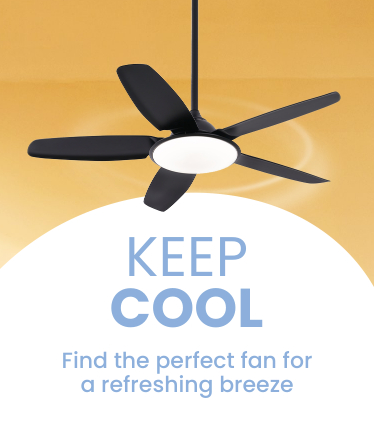















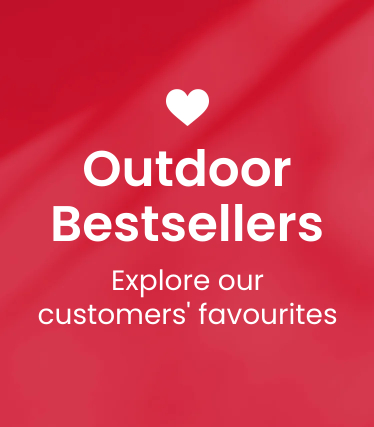










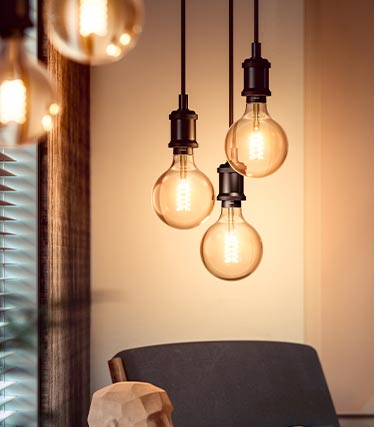








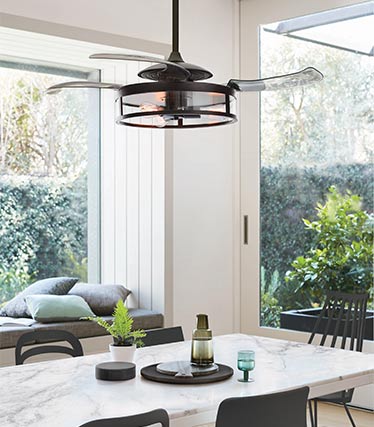

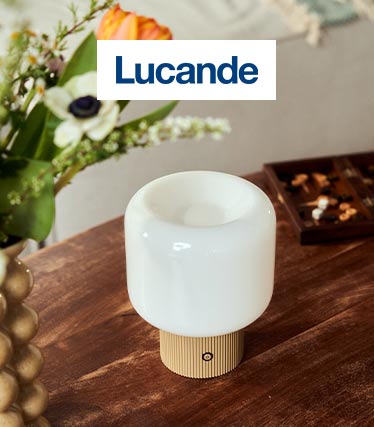




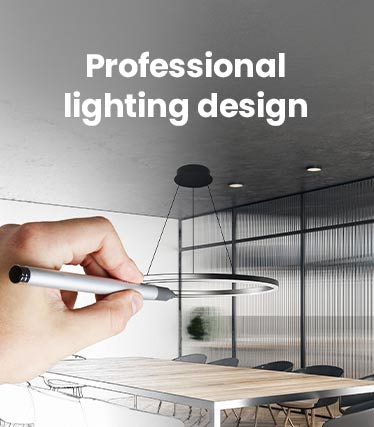




:format(jpeg))
:format(jpeg))
:format(jpeg))
:format(jpeg))